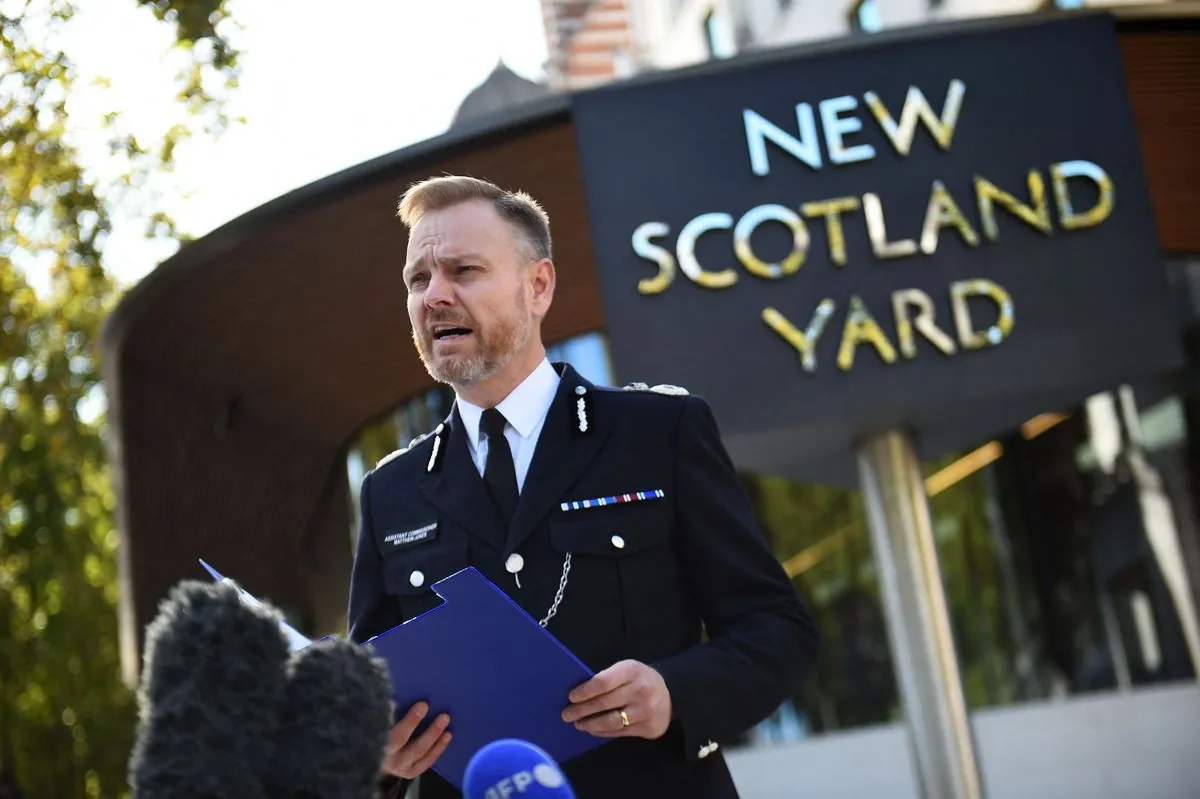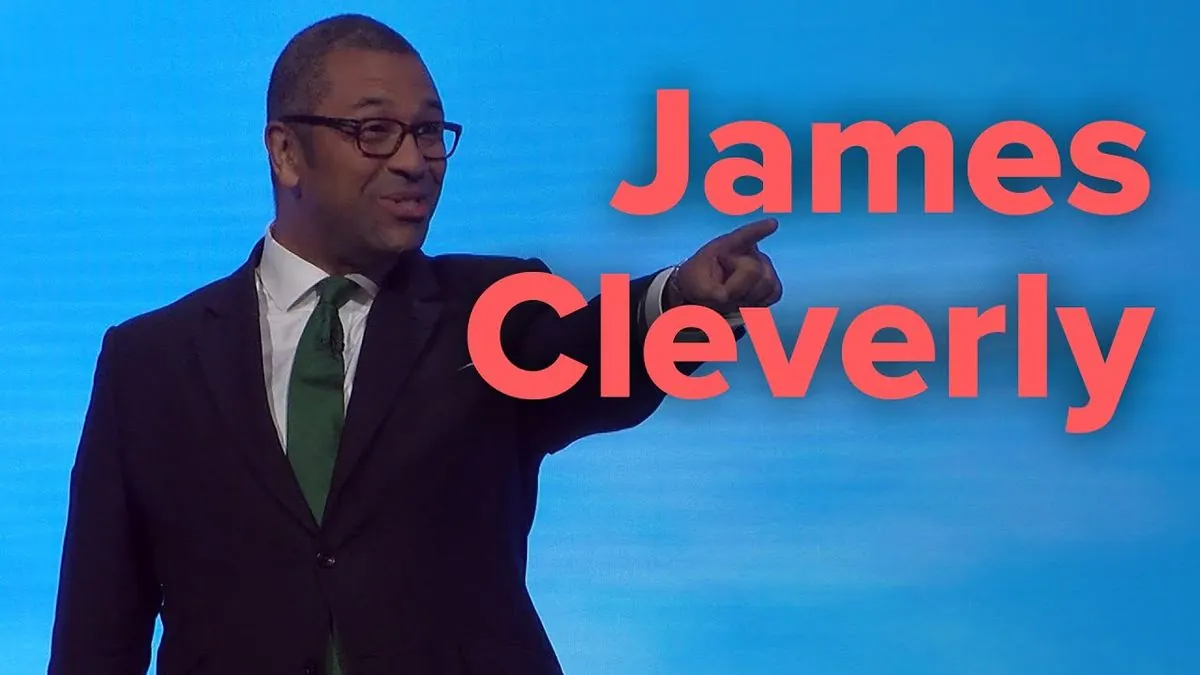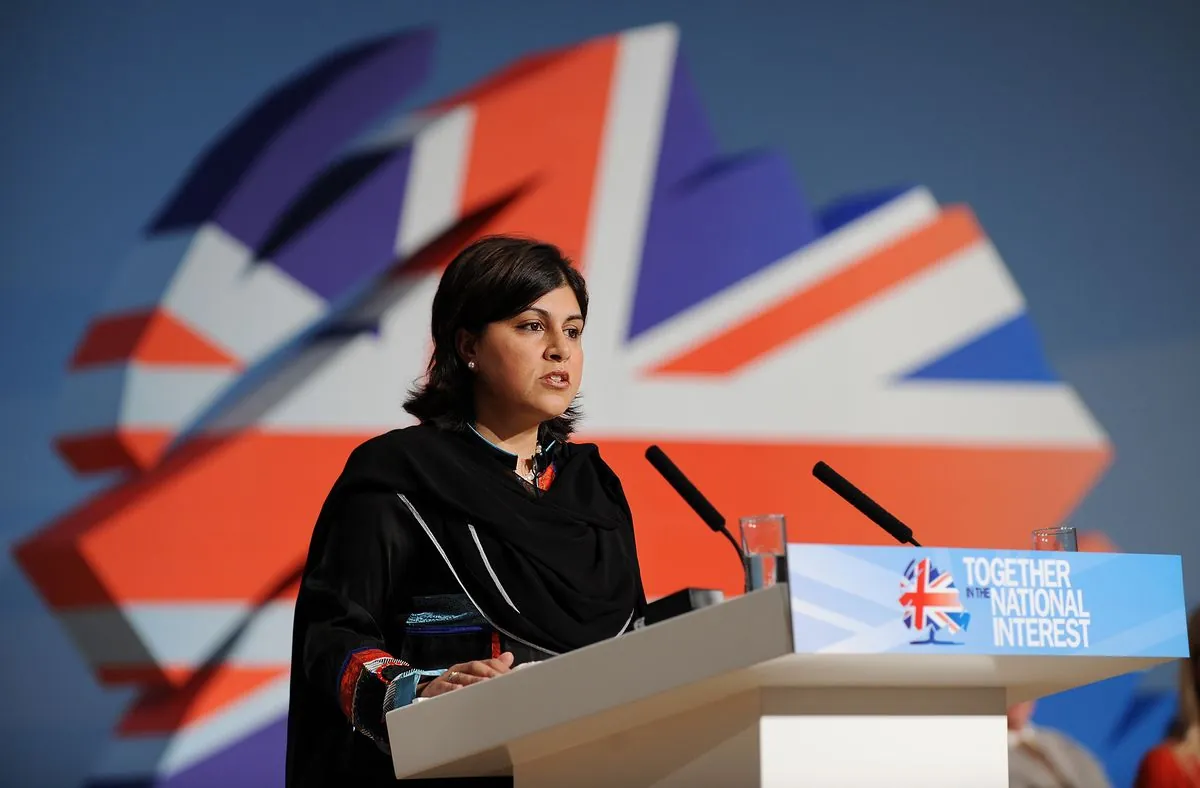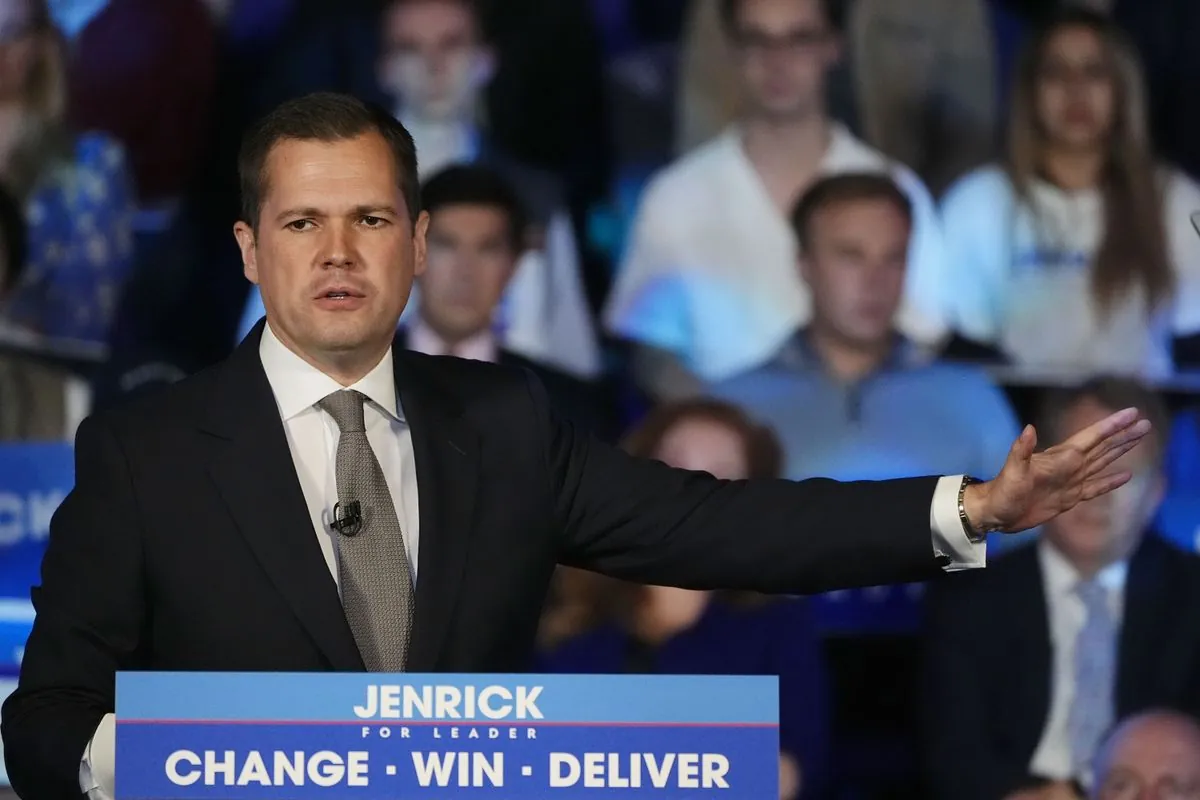UK Counter-Terror Chief Refutes Musk's Claims on Riot Arrests
Matt Jukes, Britain's counter-terrorism head, contradicts Elon Musk's statements about summer riot arrests. Jukes emphasizes arrests were for threats and incitement, not immigration views, highlighting social media's role in public safety.

Matt Jukes, Britain's counter-terrorism chief, has refuted claims made by Elon Musk regarding the reasons behind arrests during the summer riots of 2024. Jukes clarified that law enforcement actions were not targeting individuals for their views on immigration, but rather for more serious offenses.
In a recent interview with BBC's Newscast, Jukes stated, "Local police forces and regional organised crime units were not arresting people for having opinions on immigration. They went and arrested people for threatening to, or inciting others to, burn down mosques or hotels."
This statement comes in response to a series of posts on X (formerly Twitter) by Musk, who compared Britain's approach to social media users to Soviet-era tactics. Musk had also accused UK authorities of treating Muslim individuals more leniently than far-right activists.
Jukes emphasized the significant role social media played in the summer unrest, particularly singling out X as an "enormous driver" of disorder. He revealed that X generated 13 times more public referrals to police than TikTok during this period.
"The people who make billions from providing those opportunities have not really paid any price at all."
The counter-terrorism chief expressed support for the UK's Online Safety Act, which aims to regulate online content and protect users. Passed in September 2023, the act has been a subject of debate, with some provisions, such as the "legal but harmful" content clause, being removed after political pressure.
Jukes suggested that a review of the act might be beneficial, particularly to address concerns about content affecting children. He stated, "I think there was some attrition in the passing of the bill and particularly around this 'awful but lawful content' that could have made a difference."

The discussion also touched on the challenges posed by end-to-end encryption, a security measure increasingly adopted by tech companies. Jukes warned that this technology could hinder law enforcement efforts to prevent terrorist activities and child abuse.
Drawing an analogy, Jukes said, "It's like running a nightclub and saying, we're going to switch the CCTV off because we don't want to see what happens inside and we definitely don't want a record of it."
While acknowledging the importance of privacy, Jukes called for a balanced approach that would allow for the detection of illegal content without compromising user security. This stance reflects the ongoing global debate about the balance between digital privacy and public safety.
The summer riots of 2024 highlighted the complex interplay between social media, public opinion, and law enforcement. As the UK continues to grapple with these issues, the role of platforms like X in shaping public discourse and potentially influencing real-world events remains a topic of intense scrutiny.


































